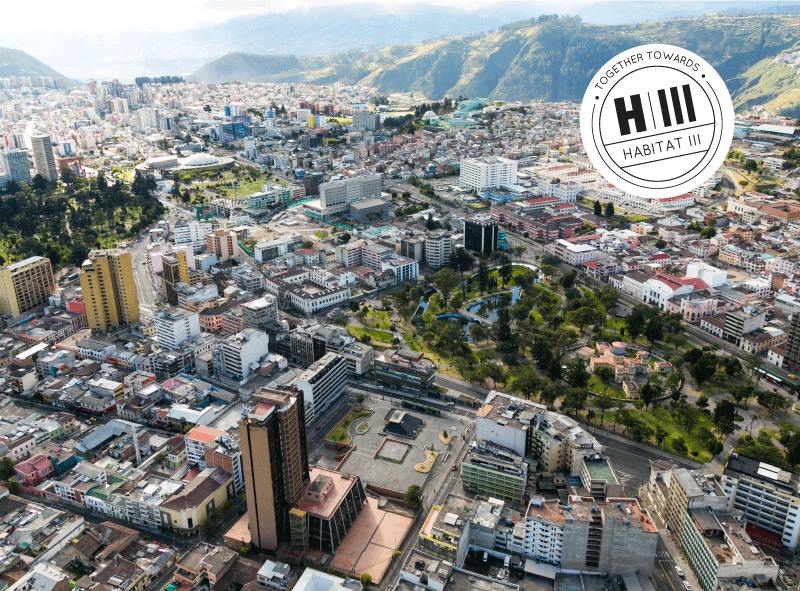UNITAR contributes to Habitat III discussions on policies to improve freight transport systems in cities
 17 August 2016, Quito, Ecuador - UNITAR’s Decentralized Cooperation Programme in collaboration with the Government of Ecuador hosted the webinar titled “Policies to improve freight transport system in cities” aimed at raising awareness of urban development related topics. The webinar took place on 17 August 2016 with the participation of 75 attendees from the public and private sector, academia, and practitioners.
17 August 2016, Quito, Ecuador - UNITAR’s Decentralized Cooperation Programme in collaboration with the Government of Ecuador hosted the webinar titled “Policies to improve freight transport system in cities” aimed at raising awareness of urban development related topics. The webinar took place on 17 August 2016 with the participation of 75 attendees from the public and private sector, academia, and practitioners.
The webinar is part of the preparatory process towards the United Nations Conference on Housing and Sustainable Urban Development (Habitat III) that will take place in Quito, Ecuador on 17-20 October.
Freight transport systems in urban areas play a critical role in the economy. Freight transport is responsible for moving food, mail, construction materials, and other goods that are vital for daily life and for economies. It is appropriate to say that freight transport is the reflection of the economy. At the same time, freight transport causes externalities such as congestion, environmental pollution, noise, accidents, infrastructure deterioration, and aesthetic degradation.
The webinar was delivered by Dr. José Holguín-Veras who provided an overview of the importance of fright transport systems in cities and its economic and environmental impact. He emphasized the need of an organized freight transport system not only for in small cities but for large cities as well. He provided examples from cities such as Santiago in Chile, Bogota in Colombia and Sao Paulo in Brazil.
Dr. Holguín-Veras stressed that it is “crucial to pay close attention to the functioning of freight transport in cities and aim to improve performance through measures such as shifts of deliveries during off-hours in order to reduce congestion and pollution during daytime hours”.
Dr. José Holguín-Veras is the Director of the Center for Infrastructure, Transportation and the Environment (CITE); Volvo research and Education Foundations (VREF); and the Center of Excellence on Sustainable Urban Freight Systems at the Rensselaer Polytechnic Institute. He works with universities worldwide, with governments and multilateral organizations. He obtained his PhD from the University of Texas and Austin (1996), a Master’s degree from Universidad Central de Venezuela (1984), and graduated as Engineer from Universidad Autónoma de Santo Domingo (1982).
Related links:
Improving freight system performance in metropolitan areas: A planning guide
Freight trip generator software
www.rumboahabitat3.ec/en/webinars-en/housing.html

